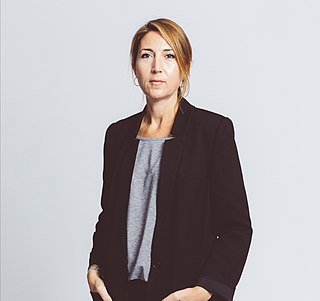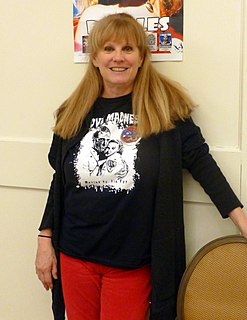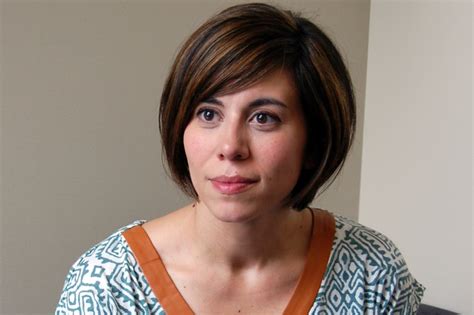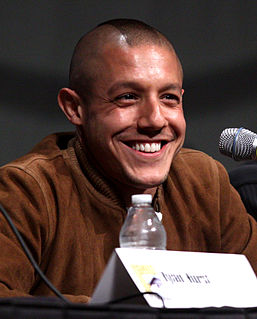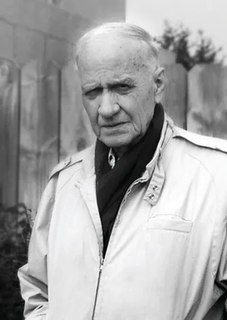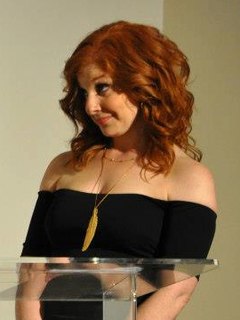A Quote by Jane Green
For me, 'Bookends' marks the start of my foray into commercial fiction, away from what has always been thought of as more traditional chick lit - single girl in the city trips around in Manolos looking for Mr. Right.
Related Quotes
I don't think anyone sits down and thinks, 'I know, I'll be a chick-lit writer.' You write the book that you want to write and then other people say, 'Oh, that's chick-lit.' You say, 'Okay.' But it's not like you look around and go to a careers fair and there will be someone at the chick-lit author stand.
That whole idea of chick lit being a thing that you just lump all the commercial female writers into - it went on for years.I'd switch on the radio, and I'd hear, 'Two female authors are here to discuss chick lit - is it dead?' and I'd think, 'Argh, no, not again. Are we seriously still having this conversation?'
For Coca-Cola, they wanted a hippie-looking girl to walk around the city with a bucket of chicken sitting in Central Park, sitting on Central Park South, walking along all these different areas of New York that people are familiar with, and just eating this bucket of chicken. I got that commercial too. I think it was just part of my personality that was different from just a regular, nice-looking girl that was more of a model-y type. I injected a little more energy into everything I did.
I teach a lot of graduate creative writing classes, and on the first day, I like to go around the room and ask everybody what's the last book you've read that you really loved. And all of the women tend to give me chick lit titles. And to me, that's sort of disappointing because it's their only exposure to fiction somehow.
I went to school in drag, in art school and my day was completely different because everybody thought I was a chick. You should see me as a chick. So I went as a girl, as like an experiment and it worked really well and everyone was really nice to me but I couldn't talk obviously... you know train conductors were really cool to me on my commute... HA! I looked hot as a chick!
I think that one of the things that has changed the perception is that there are so many more single people. In New York City, it's 47 percent. When you have that many people who are single, they have a bigger voice and they're more willing to speak and say, 'We're not miserable, we're not sitting at home waiting for Mr. or Ms. Right, we're having a good time.' And I think single people have better friendships.


